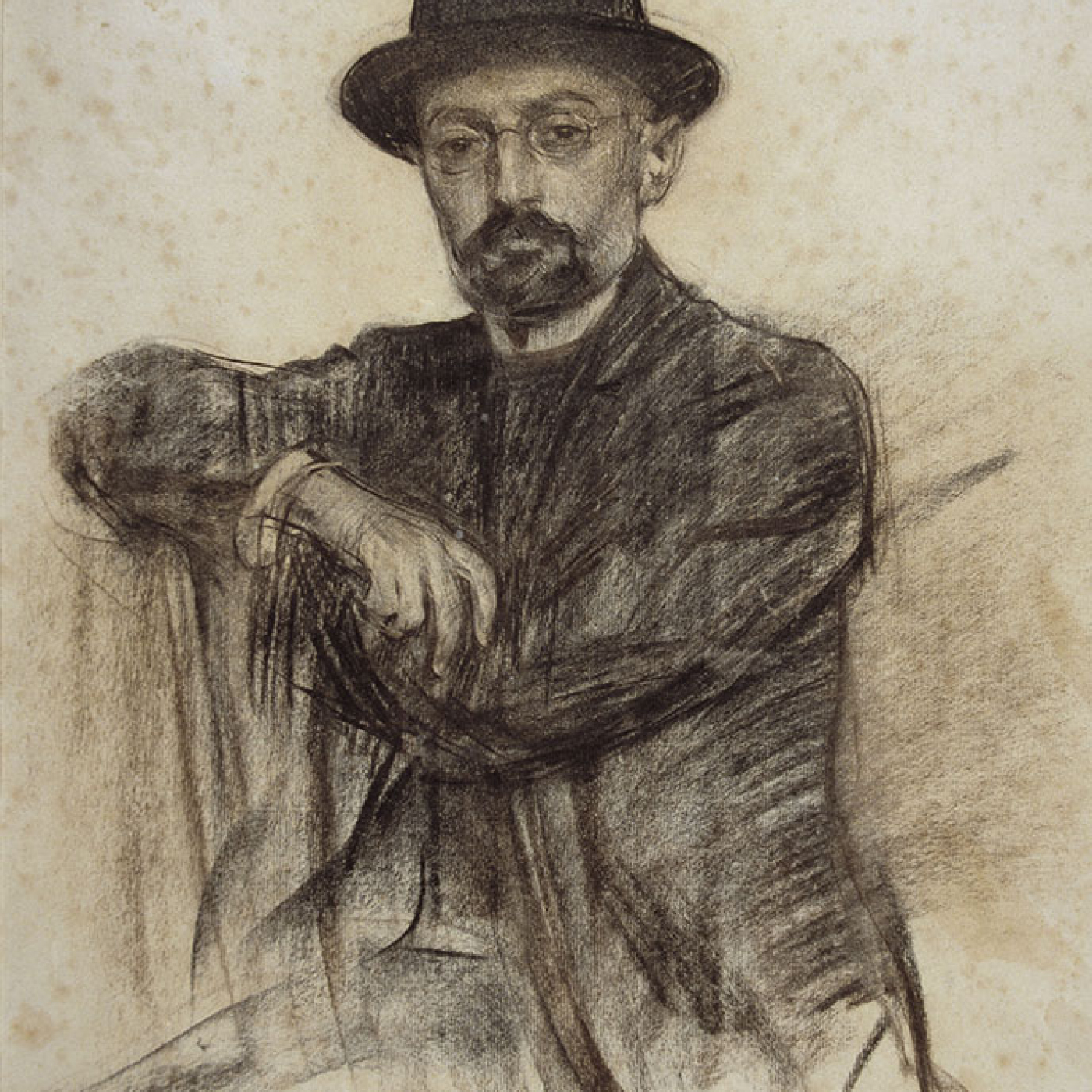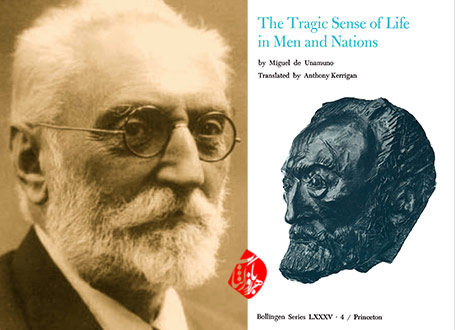

There is some debate as to whether Unamuno was in fact a member of the Generation of '98 (an ex post facto literary group of Spanish intellectuals and philosophers that was the creation of José Martínez Ruiz - a group that includes Antonio Machado, Azorín, Pío Baroja, Ramón del Valle-Inclán, Ramiro de Maeztu and Ángel Ganivet, among others).


Unamuno worked in all major genres: the essay, the novel, poetry and theatre, and, as a modernist, contributed greatly to dissolving the boundaries between genres. The contest was finally won by the Basque scholar Resurrección María de Azcue. As a young man, he was interested in the Basque language, and competed for a teaching position in the Instituto de Bilbao, against Sabino Arana. Miguel de Unamuno y Jugo was born in the medieval centre of Bilbao, Basque Country, the son of Félix de Unamuno and Salomé Jugo. His books include Peace in War (1895), The Life of Don Quixote and Sancho (1905), and Abel Sanchez (1917)." Spanish philosopher MIGUEL DE UNAMUNO (1864-1936) was a prolific writer of essays, novels, poetry, and the stage plays. de Unamuno's philosophy is not the stuff of a rarefied realm but an integral part of fleshly, sensual life, metaphysics that speaks to daily living and the real world. His down-to-earth demeanor and no-nonsense outlook makes this 1921 book a favorite of intellectuals to this day, a practical, sensible discussion of the war between faith and reason that consumed the twentieth century and continues to rage in the twenty-first century.

from "The Rationalist Dissolution" This is the masterpiece of Miguel de Unamuno, a member of the group of Spanish intellectuals and philosophers known as the "Generation of '98," and a writer whose work dramatically influenced a wide range of 20th-century literature. Take any book of apologetics-that is to say, of theological advocacy-and you will see how many times you will meet with this phrase-"the disastrous consequences of this doctrine." Now the disastrous consequences of a doctrine prove at most that the doctrine is disastrous, but not that it is false, for there is no proof that the true is necessarily that which suits us best. To the mentality that assumes, more or less consciously, that we must of necessity find a solution to every problem, belongs the argument based on the disastrous consequences of a thing.


 0 kommentar(er)
0 kommentar(er)
